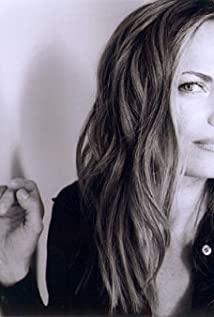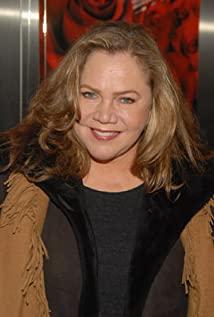Not just because suicide is not simply "death", but "suicide." It is also because "virgin" here does not mean "virgin" in the physiological sense. According to my understanding, it should be the "virgin" in the sense of "virgin work", which means "first time". And this is precisely the mystery of his name-suicide, if it is not an attempt, then it can only happen once. The first suicide is equivalent to the second, third...first and last time. Therefore, the theory of "virgin suicide" is not valid in the theoretical sense. But this is also where the author is smart. Because the girls in the book have obviously died countless times while they are alive-or we can understand it as a shuttle in the illusion of death and survival.
The biggest feeling when reading this book is that the author is very smart. Of course, his other obvious advantages, such as writing style, have not seen such a beautiful and natural grasp of words for a long time. Another example is the narrative angle, which is very unique and very attractive. But "smart" is still the point I feel most deeply. The meaning of a "smart" author is that they will never be "smart". They will not jump out of the book and tell you "I think..."; nor will they play God and list the meanings they want to express behind every event. What they do is usually tell the time, let the reader find their meaning in the words. This is the joy of reading. At least I don't want to read the vernacular.
Regarding the reasons for the girls' suicide, I agree that it should not be simply attributed to a specific reason, such as Catholic families and adolescence. I even think it's pointless to follow up on such a problem. I prefer to be like those boys, just standing on the opposite corner of their boudoir, secretly looking at their shadows. I prefer to understand the whole incident as a boy's memory of puberty. All speculation, depression, desire... mixed together, a memory.
It's just a memory.
View more about The Virgin Suicides reviews











